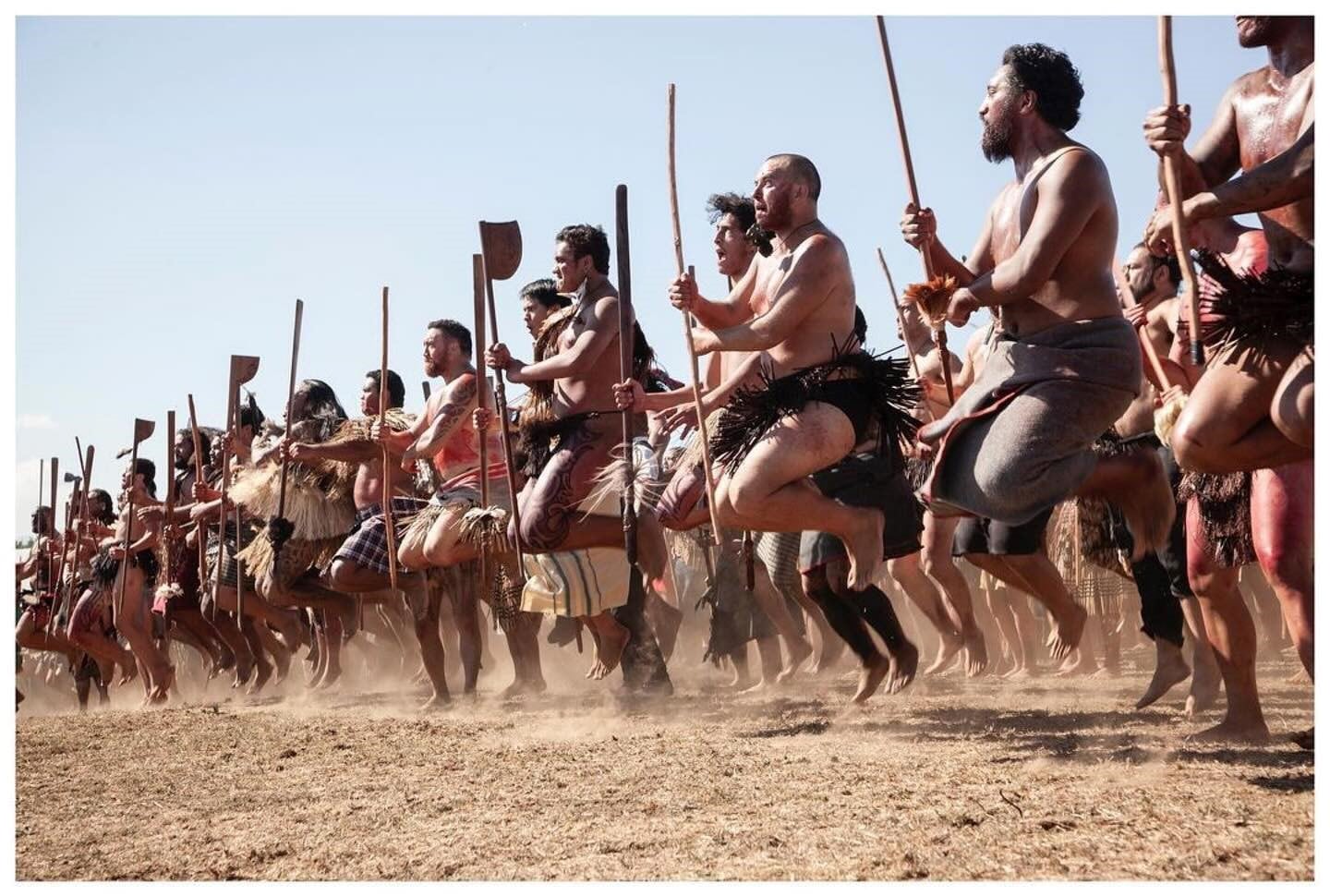Today marked a significant occasion for te ao Māori as the 160th anniversary since the battle of Orākau was commemorated at the battle site just east of the township of Kihikihi.
The opening commentary by Waikato-Tainui heritage and identity general manager Glenda Taituha (Waikato, Ngāti Maniapoto) at the event acknowledged everyone who had played an important part in the history of Orākau, many of whom were represented today by various tribes from across the country who assisted in the fight against invading colonial forces in 1864.
“All to acknowledge and to remember our tūpuna who fought for us and who made the ultimate sacrifice. That’s what we want Orākau to be remembered for, that there was bloodshed, but that it is a place of resilience and a place of peace for our whānau.”
Taituha said they wanted to acknowledge the motu who have been a part of Orākau, 160 years ago to now.
One of the attendees was Leah Bell, a former student of Ōtorohanga College, Waikato, who with Waimarama Anderson organised a successful petition that was put forward to Parliament back in 2014 to request a national day of commemoration for the New Zealand wars.
“The petition was born exactly 10 years ago today with a few rangatahi including me from Ōtorohanga College,” Bell said.
Moved by tūpuna stories
She said when they visited Orākau and Rangiaowhia, they were very moved by the stories that their kaumātua and nannies shared with them on the day, stories of the battles and particularly of tūpuna who died fleeing Rangiaowhia.
She said she and Waimarama Anderson connected to start the petition with the help of many mentors, “my mother Linda Campbell signatures and Whaea Mariana Papa were two very influential people in starting this petition with us”.
Bell and Anderson gathered 12,000 signatures from the general public before they took their petition to Parliament.
“It feels beautiful to be here, to see how we have all grown and we now have our babies here with us. I’m just so proud of all the petitioners, my sisters for just the people that they are and how far we have come in having our history nationally commemorated.”
Bell said in an interview with He Tohu six years ago that the creation of the petition to Parliament to teach the New Zealand wars in schools came about wanting recognition for New Zealand’s own history.
“I think that what we were aiming to do is to acknowledge the gaps that have been left from the forming of the Treaty because there are so many gaps in our history and especially for youth. It’s something that is really important to us is that we learn to understand who we are as people.”
‘Understanding the stigmas we face’
Bell said, “by understanding who we are we can understand the stigmas that we’ve faced our whole lives and we can understand if we can fix, if we can, memories, and to give recognition to what has taken place in the past and to how the Treaty has made us as people.”
But she said today that she thought the onus shouldn’t be entirely on iwi to commemorate this history.
Bell said she thought the government could resource these commemorations, get the public far more involved and be more on board as a Treaty partner.
“It’s a history that involves every person who lives in Aotearoa, who is of Aotearoa.”




